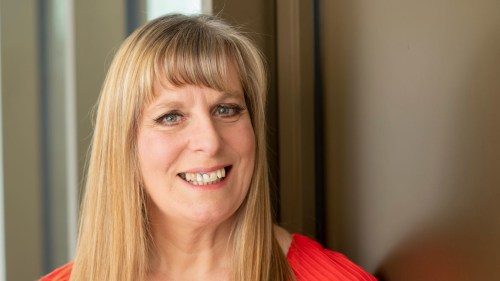Reporting standards for Bayesian Networks – why are they useful?

Presentation Video
Abstract
What do we mean when we say that a Bayesian Network is well-reported? Or indeed, when word count is limited, how do we decide what to report and what to omit in our own papers or reports? This brings us to consider who is the audience and what is the purpose of reporting in the first place? It is, perhaps, only when we need to reproduce, validate or undertake a systematic review that these questions come in to sharp focus. The ability to compare and contrast models, to reproduce them (perhaps as a precursor to extending or adapting them) or to defend a decision based on such a model leads to a very specific requirement for information about them.
In other research areas, notably in medicine, reproducibility is supported by mandating the inclusion of an agreed set of details into every research publication, facilitating systematic reviews, transparency and reproducibility. Governments and international organisations are increasingly turning to modelling approaches in the development and decision- making for policy and have begun asking questions about accountability in model-based decision making. The ethical issues of relying on modelling that is biased, poorly constructed, constrained by heroic assumptions and not reproducible are multiplied when such models are used to underpin decisions impacting human and planetary well-being. Bayesian Network modelling is used in policy development and decision support across a wide range of domains. In light of the recent trend for governments and other organisations to demand accountability and transparency, we have compiled and tested a reporting checklist for Bayesian Network modelling which will bring the desirable level of transparency and reproducibility to enable models to support decision making and allow the robust comparison and combination of models.
About the Presenter
Dr Martine Barons is Director of the Applied Statistics & Risk Unit at the University of Warwick. Martine started her career in business and accountancy and switched to academia in mid-life. She combines an understanding of the imperatives, needs and speed of the commercial sector with the careful research of the academic community. This unusual skillset allows her to bring academics and business, government and industry together for mutual benefit. Her own research is focussed on decision support, with an emphasis of graphical models and other statistical modelling techniques.
